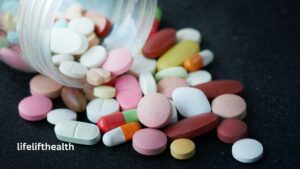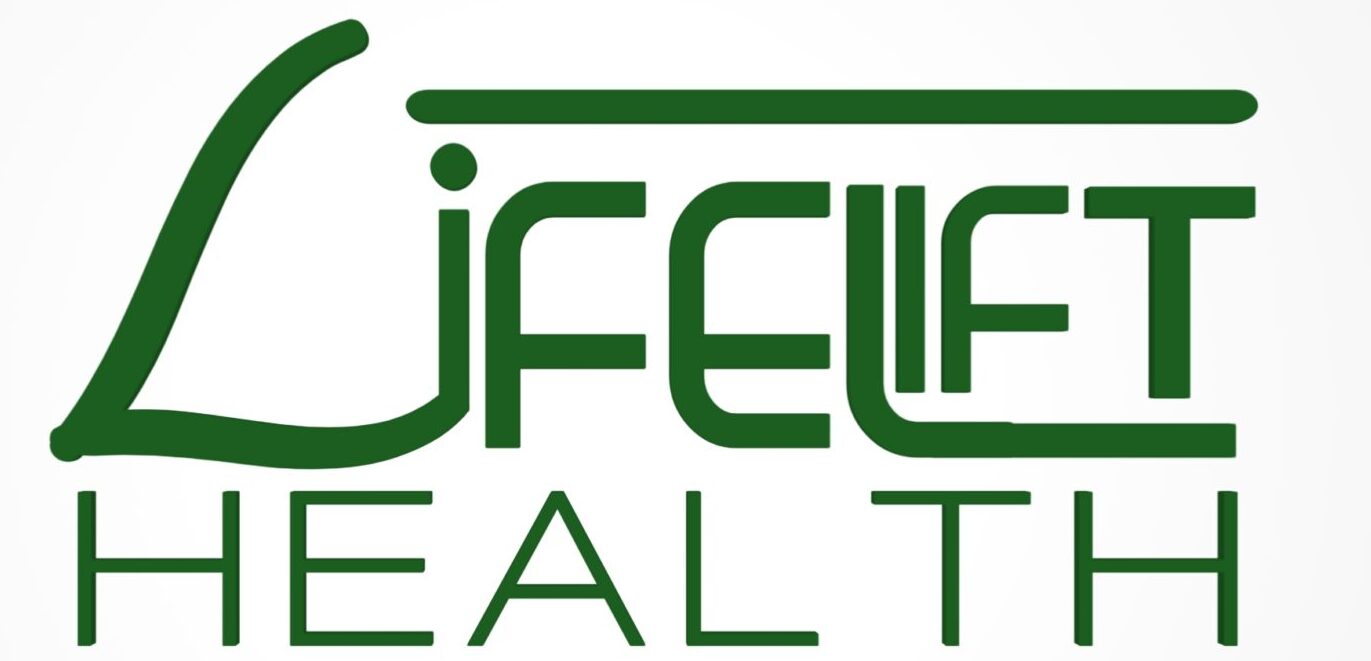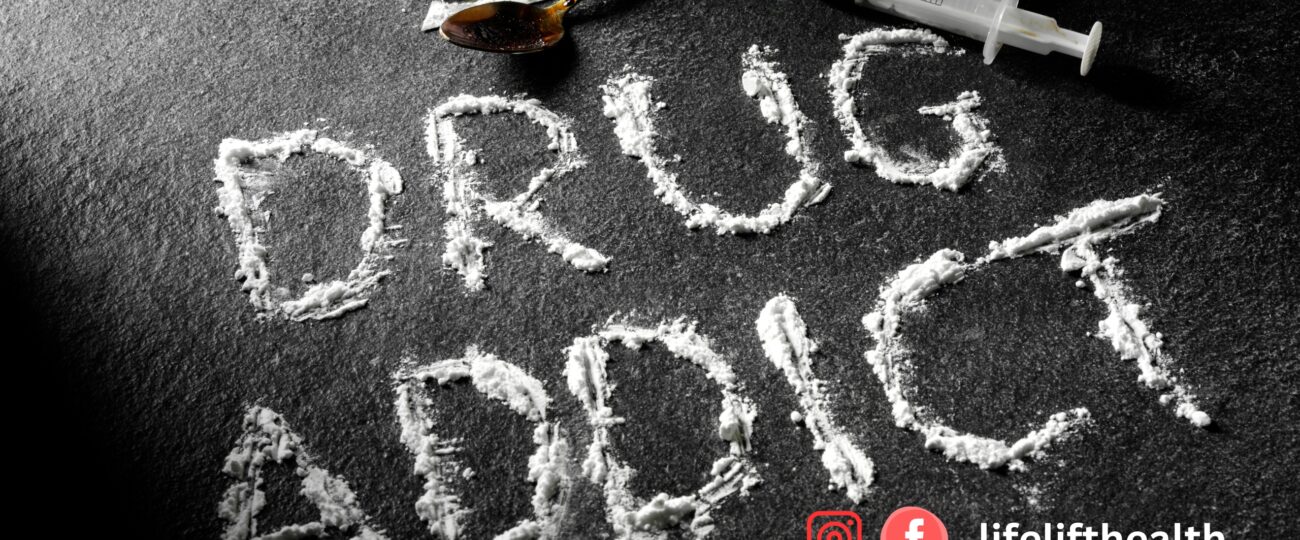Introduction
Addiction is a powerful and often devastating condition that affects millions of people globally. It doesn’t just harm the individual using the substance—it impacts families, communities, and society as a whole. But what exactly makes certain drugs so addictive? And which ones top the list? Let’s dive in to uncover the science and the substances behind addiction.
What Makes a Drug Addictive?
The Science of Addiction
At its core, addiction rewires the brain. Drugs hijack the brain’s reward system, flooding it with dopamine—a neurotransmitter responsible for pleasure and motivation. Over time, the brain demands more of the substance to achieve the same effect, leading to dependency.

Factors Influencing Addiction
Addiction isn’t just about the drug itself; it’s also about the person and their environment. Genetics can make some people more prone to addiction, while stress, trauma, or peer pressure can act as powerful triggers.
Categories of Addictive Drugs
Stimulants
These drugs increase energy and alertness but come at a high cost.
- Cocaine: Creates intense euphoria but leads to paranoia and cardiovascular issues.
- Methamphetamine: Highly addictive, causing severe physical and mental deterioration.
Depressants
Known for their calming effects, depressants can quickly lead to dependence.
- Alcohol: Widely consumed but incredibly addictive and harmful when abused.
- Benzodiazepines: Prescribed for anxiety but dangerous when misused.
Opioids
These pain-relieving drugs are notorious for their addictive potential.
- Heroin: One of the most addictive substances, with severe withdrawal symptoms.
- Prescription Painkillers: Medications like oxycodone can lead to dependence even when used as directed.
Hallucinogens
While less commonly associated with addiction, they can still pose risks.
- LSD: Known for its mind-altering effects.
- MDMA (Ecstasy): Can cause emotional dependence due to its euphoric effects.
Nicotine and Tobacco
Though legal, nicotine is one of the most addictive substances, with millions hooked worldwide.

The Top Most Addictive Drugs
Heroin
Heroin tops the list due to its rapid impact on the brain and extreme withdrawal symptoms.
Cocaine
Its powerful rush keeps users coming back, despite severe health consequences.
Nicotine
Widely accessible yet highly addictive, nicotine enslaves millions globally.
Alcohol
Socially accepted but deceptively addictive, alcohol wreaks havoc on lives.
Methamphetamine
Known for its destructive effects, meth is dangerously addictive.
Short- and Long-Term Effects of Addictive Drugs
Physical Effects
From liver damage to heart disease, the physical toll is immense.
Mental and Emotional Impacts
Addiction often leads to anxiety, depression, and even psychosis.
Social Consequences
Strained relationships, job loss, and legal troubles are common outcomes.
Why Some People Are More Susceptible to Addiction
Role of Biology
Genetics can make some individuals more vulnerable to addiction.
Influence of Upbringing
A chaotic or neglectful childhood increases the risk of substance abuse.
Psychological Factors
Mental health conditions like anxiety or depression often coexist with addiction.
Treatment for Addiction
Detoxification
The first step to recovery, detox helps remove harmful substances from the body.
Rehabilitation Programs
Inpatient and outpatient programs provide structured recovery paths.
Counseling and Therapy
Addressing underlying issues is key to long-term recovery.
Medications for Recovery
Drugs like methadone or naltrexone can help manage withdrawal and cravings.
Prevention Strategies
Education and Awareness
Knowledge is power—teaching people about risks can prevent abuse.
Community Support
Strong social networks can act as a protective barrier against addiction.
Healthy Coping Mechanisms
Encouraging exercise, hobbies, and mindfulness can reduce the allure of drugs.

Conclusion
Addiction is a complex but treatable condition. Understanding the most addictive drugs and their impacts is the first step toward addressing the issue. Through education, support, and proper treatment, we can reduce the grip of addiction and help individuals reclaim their lives.
FAQs
- What is the most addictive drug in the world?
Heroin is widely considered the most addictive drug due to its intense euphoria and severe withdrawal symptoms. - How can I recognize signs of addiction in a loved one?
Look for changes in behavior, physical appearance, and social interactions, such as secrecy or neglecting responsibilities. - Are prescription medications less addictive than illegal drugs?
Not necessarily. Prescription opioids, for example, can be as addictive as heroin when misused. - What is the first step to overcoming addiction?
Acknowledging the problem and seeking professional help is the crucial first step. - How does addiction differ from dependency?
Dependency refers to a physical reliance on a substance, while addiction involves compulsive use despite harmful consequences.

